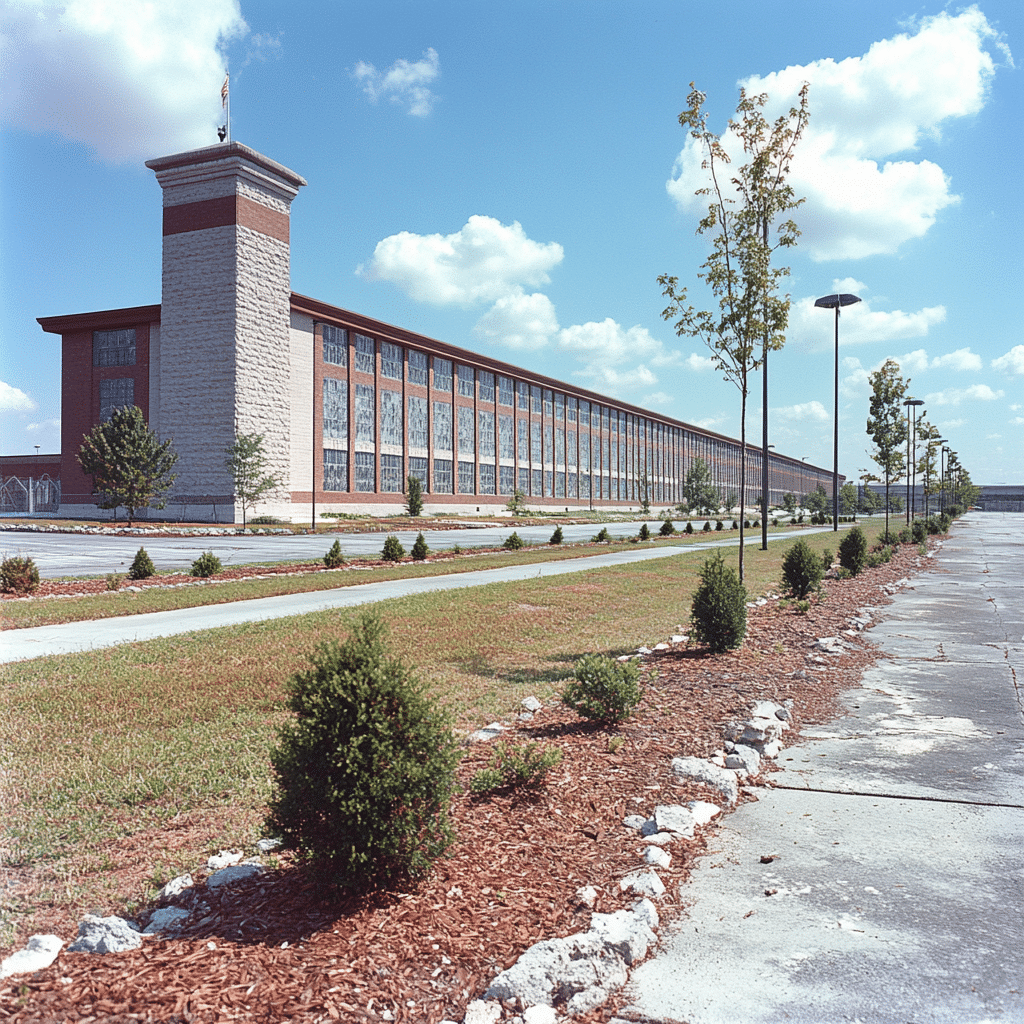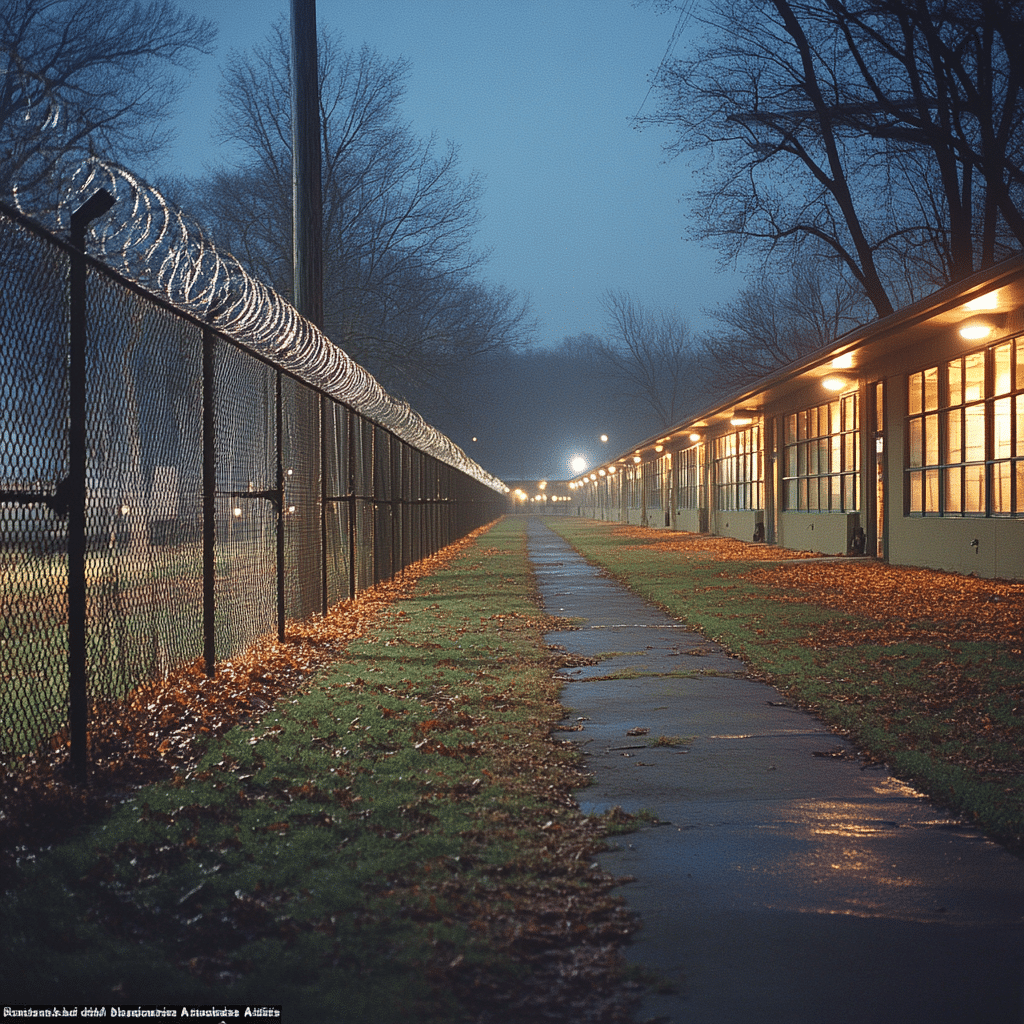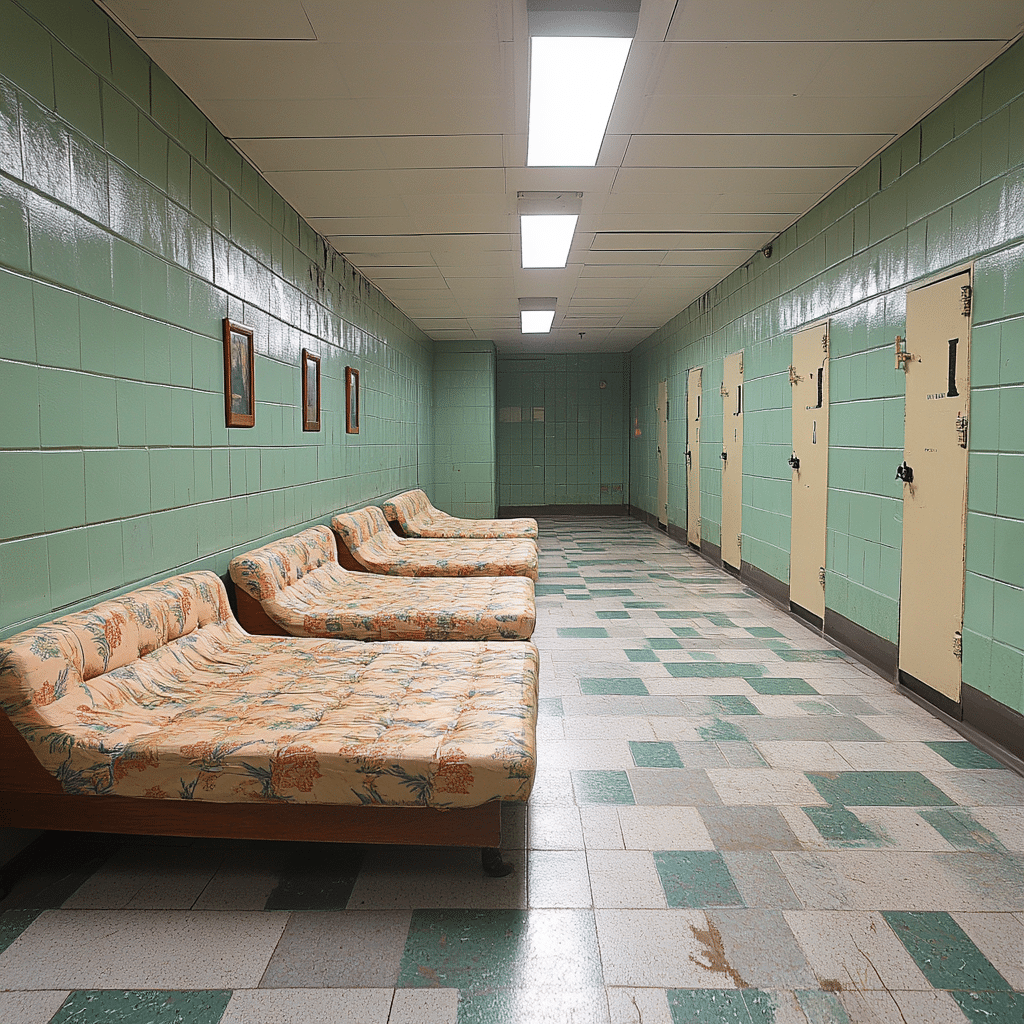The Arkansas Department of Corrections (ADC) has made waves in the realm of inmate rehabilitation with innovative programs that aim to reduce recidivism and transform the lives of incarcerated individuals. As we step into 2024, this focus on rehabilitation is not just commendable; it’s essential for the overall well-being of society, neighborhoods, and families impacted by crime. By exploring specific rehabilitation initiatives offered by the Arkansas Department of Corrections, we can gain insights into one of the most progressive approaches in the country, particularly when it stands side-by-side with other state correctional departments.
7 Key Rehabilitation Programs by the Arkansas Department of Corrections
The ADC has launched comprehensive substance abuse treatment programs that integrate counseling, education, and support. These programs do more than just promote recovery; they also equip participants with essential life skills, such as financial management and conflict resolution, which are vital for successful reintegration into society.
In a move echoing the Indiana Department of Corrections, Arkansas provides vocational training in fields like construction, culinary arts, and computer technology. Collaborating with local businesses allows inmates to earn certifications while still incarcerated, giving them a head start on employment opportunities as they exit the prison system.
Recognizing the significance of mental health in the rehabilitation process, the ADC has established mental health support programs comparable to successful initiatives in the Oklahoma Department of Corrections. These services help inmates deal with trauma, manage mental health conditions, and foster healthy coping mechanisms through various therapeutic interventions.
Strong family ties are crucial for successful rehabilitation, which is why the ADC has developed dedicated family reintegration programs. These initiatives include family therapy sessions and facilitated communication through video calls and letters, helping to maintain and strengthen relationships while individuals are incarcerated.
Education is a cornerstone of the ADC’s rehabilitation strategy. Similar to programs offered by the Bureau of Prisons, the Arkansas Department of Corrections provides GED programs and higher education classes. These initiatives empower inmates to achieve academic success, significantly improving their chances of securing stable employment post-release and fostering self-sufficiency.
The ADC has incorporated restorative justice programs that allow offenders to take responsibility for their actions, reflecting practices in the Arizona Department of Corrections. These programs enable victims to share their experiences, helping to heal while guiding offenders towards personal accountability and understanding the impact of their actions on others.
Understanding that physical health is vital for overall well-being, the ADC has rolled out physical wellness initiatives inspired by programs from the Georgia Department of Corrections. These programs encourage regular exercise, promote nutritious eating habits, and provide education on maintaining a healthy lifestyle during and after incarceration.

Comparative Insights from Other States: A Look at Rehabilitation Success
When examining the effectiveness of the Arkansas Department of Corrections in its rehabilitation efforts, insights from other states offer valuable perspectives. The Alabama Department of Corrections, for instance, has implemented extensive behavioral therapy programs that emphasize cognitive change, showcasing how psychological interventions can lead to reduced recidivism rates. Their success stories highlight that when inmates are engaged in thoughtful psychological work, they reflect on their actions and can alter their life paths.
In Florida, the correctional system has jumped into partnerships with state parks and golf courses, utilizing outdoor activities as therapeutic rehabilitation. This inventive approach fosters social interaction and teamwork among inmates, helping them build crucial communication skills. By harnessing nature’s calming power, Florida’s correctional system provides inmates with a refreshing change of environment that complements traditional rehabilitation methods.
These comparative insights elevate Arkansas’s approach. The combination of educational, mental health, and vocational training programs offers a well-rounded strategy that addresses various aspects of an individual’s life. The Arkansas Department of Corrections does more than patch up immediate issues; it lays a durable groundwork for meaningful, long-term change.
The Road Ahead: Future Possibilities for Rehabilitation in Arkansas
As we look ahead, the Arkansas Department of Corrections remains committed to refining and innovating its rehabilitation programs. With relentless dedication towards incorporating new technologies and methodologies—such as online learning platforms and teletherapy—the ADC is poised to expand its reach and effectiveness dramatically. This will not only improve access to services but also enhance the overall rehabilitation experience for inmates.
Moreover, building strong collaboration with community organizations and employers outside the prison system is crucial to facilitate seamless transitions for individuals re-entering society. The ADC’s efforts to create partnerships actively engage community stakeholders, which is vital for a successful reintegration process. By fostering these relations, former inmates receive the tools and support they need, ultimately contributing to improved public safety and community well-being.
In summary, the Arkansas Department of Corrections exemplifies a progressive commitment to transforming lives through an array of rehabilitation programs. With ongoing innovations and successful strategies observed in other states, Arkansas stands to make an even greater impact on reducing recidivism. These comprehensive efforts not only address inmates’ immediate challenges but also contribute to restoring dignity and purpose, benefiting society as a whole. By investing in the future of those within the justice system, Arkansas demonstrates that second chances can lead to a safer and more compassionate society.
For more intriguing stories and updates, check our coverage on the presidency Of Joe biden news or dive into discussions around impactful figures such as Huey Newton and explore entertainment insights like those on Nat Wolff Movies And TV Shows. As we continue to report on the societal implications of these programs, readers are encouraged to reflect on the broader narrative that shapes our communities.

Arkansas Department of Corrections: Transforming Lives Through Rehabilitation
Fun Facts and Trivia
Did you know that the Arkansas Department of Corrections isn’t just about punishment? Instead, it’s all about transformation. Over the years, they’ve spearheaded various programs aimed at helping inmates reintegrate into society. For example, inmates can participate in vocational training, learning skills that’ll serve them after release. It’s akin to how Bill Belichick helps young athletes like Jordon Hudson hone their craft; with the right guidance, anyone can thrive!
Another interesting nugget is that the Arkansas Department of Corrections has partnerships with local businesses and civic organizations to foster a sense of community and responsibility among inmates. Take the model of Cameron Park zoo, which engages visitors and gives back to the community. Just like how the zoo is committed to education and conservation, the Corrections Department emphasizes rehabilitation—proving that with a little support, lives can change for the better.
And here’s something to chew on: The Department has introduced a variety of programs catering to different inmate needs, including mental health support and substance abuse treatment. Think of it this way—just as Saravanaa Bhavan caters to diverse palates with its vegetarian menu, the Arkansas Department of Corrections offers programs crafted for a wide range of life situations. By focusing on individual journeys, they’re paving paths for inmates to redefine themselves and contribute positively to society.
Moreover, the Arkansas Department of Corrections has been using innovative methods in teaching inmates about financial literacy and job preparedness, akin to how Svb supports entrepreneurship. This sort of education can make all the difference in an ex-offender’s life, granting them tools to thrive post-incarceration. Lastly, it’s fascinating to note that many inmates have talents to share, much like the storytellers in Rappers Delight; their voices can inspire change, not just in their lives but in the communities they return to. So, the next time you hear about corrections, think beyond bars and rehabilitation—it’s about creating healthy, contributing members of society!




